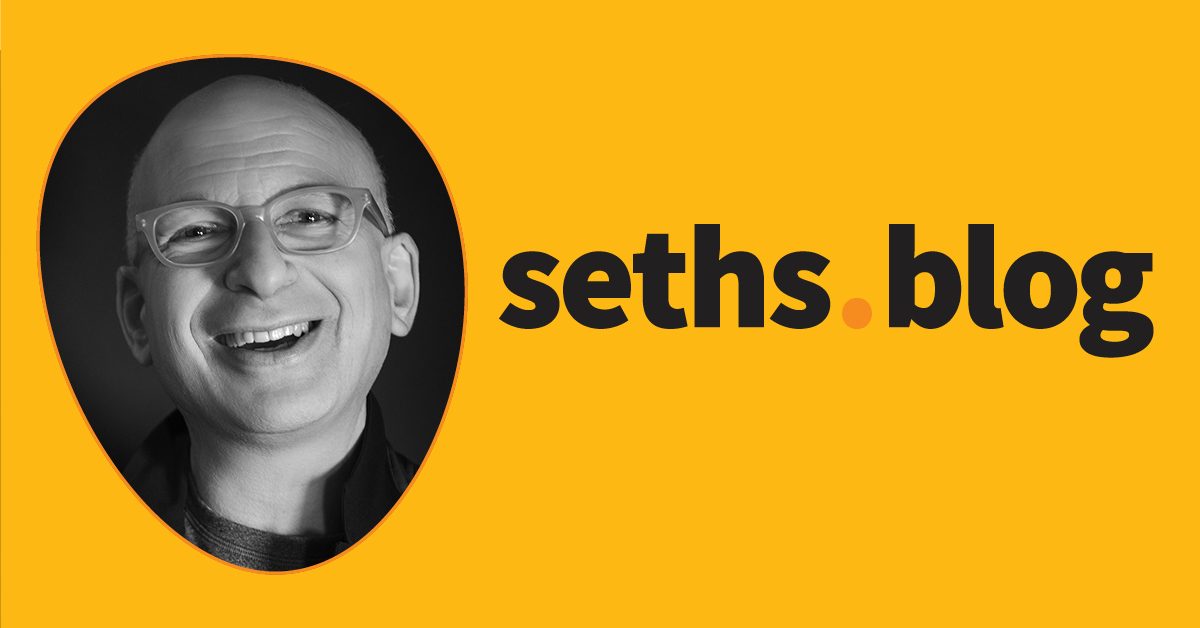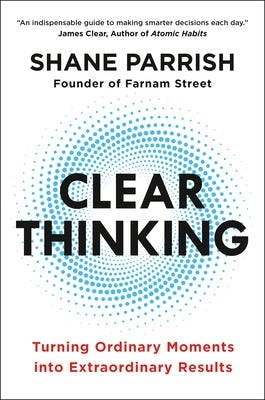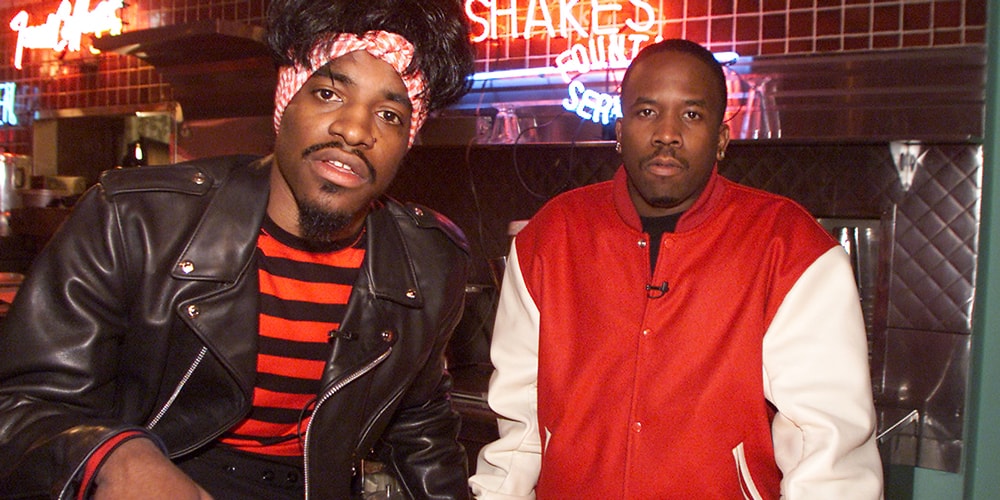Airbnb CEO Brian Chesky on What ‘Founder Mode’ Really Means (and How It Might Apply to Apple)
Airbnb CEO (and founder) Brian Chesky, back in October in an interview with Nilay Patel, regarding Tim Cook’s eventual successor: This goes to the very awkward thing that no one wants to talk about. Succession planning is hard because the people that are great product visionaries are typically young. They’re young and they’re less mature. Who wants to put a young, not-super-mature person at the helm of a giant company? Founders are allowed to manage people older than them because they’re the founders. If you’re not the founder, people just don’t want to be managed by somebody younger than them who’s maybe a virtuoso, a wunderkind, but they’re a little immature. The companies don’t want to take that risk, so they bias towards senior, grown-up, functional experts. But typically that function is not the product, and I think that’s a problem. Satya [Nadella, Microsoft CEO] is more technical. I think that has afforded them more, but he mostly just got them back to Bill Gates’ primacy. I think Apple should go back to having a CEO that’s the chief product officer. I think it should rein the company in and simplify how it operates, but that’s just my opinion. That’s a very succinct summation of the problem Apple faces replacing Tim Cook, and it’s a much better explanation, or angle, on “Founder Mode” than just about any I’ve seen. It’s not that founders are magic. It’s that youth is magic. And the only effective way to get a big company led by a young CEO is for that CEO to be a founder. Or even a returning founder — Steve Jobs was 42 when he returned to Apple after his decade-ish exile in 1997. But that leads to what’s probably an additional thing working against youthful leaders at Apple, which might be a belief, probably largely unspoken, that the only people who really “get it” are the people who were there with Jobs, especially those who worked for him directly. But Sundar Pichai was only 43 when he became CEO of Google. Google’s always been different, and maybe that’s one of the ways they’ve been successfully different. ★

Airbnb CEO (and founder) Brian Chesky, back in October in an interview with Nilay Patel, regarding Tim Cook’s eventual successor:
This goes to the very awkward thing that no one wants to talk about. Succession planning is hard because the people that are great product visionaries are typically young. They’re young and they’re less mature. Who wants to put a young, not-super-mature person at the helm of a giant company? Founders are allowed to manage people older than them because they’re the founders. If you’re not the founder, people just don’t want to be managed by somebody younger than them who’s maybe a virtuoso, a wunderkind, but they’re a little immature. The companies don’t want to take that risk, so they bias towards senior, grown-up, functional experts. But typically that function is not the product, and I think that’s a problem.
Satya [Nadella, Microsoft CEO] is more technical. I think that has afforded them more, but he mostly just got them back to Bill Gates’ primacy. I think Apple should go back to having a CEO that’s the chief product officer. I think it should rein the company in and simplify how it operates, but that’s just my opinion.
That’s a very succinct summation of the problem Apple faces replacing Tim Cook, and it’s a much better explanation, or angle, on “Founder Mode” than just about any I’ve seen. It’s not that founders are magic. It’s that youth is magic. And the only effective way to get a big company led by a young CEO is for that CEO to be a founder.
Or even a returning founder — Steve Jobs was 42 when he returned to Apple after his decade-ish exile in 1997. But that leads to what’s probably an additional thing working against youthful leaders at Apple, which might be a belief, probably largely unspoken, that the only people who really “get it” are the people who were there with Jobs, especially those who worked for him directly.
But Sundar Pichai was only 43 when he became CEO of Google. Google’s always been different, and maybe that’s one of the ways they’ve been successfully different.








![[Research] Starting Web App in 2025: Vibe-coding, AI Agents….](https://media2.dev.to/dynamic/image/width%3D1000,height%3D500,fit%3Dcover,gravity%3Dauto,format%3Dauto/https:%2F%2Fdev-to-uploads.s3.amazonaws.com%2Fuploads%2Farticles%2Fby8z0auultdpyfrx5tx8.png)













-RTAガチ勢がSwitch2体験会でゼルダのラスボスを撃破して世界初のEDを流してしまう...【ゼルダの伝説ブレスオブザワイルドSwitch2-Edition】-00-06-05.png?width=1920&height=1920&fit=bounds&quality=70&format=jpg&auto=webp#)














































